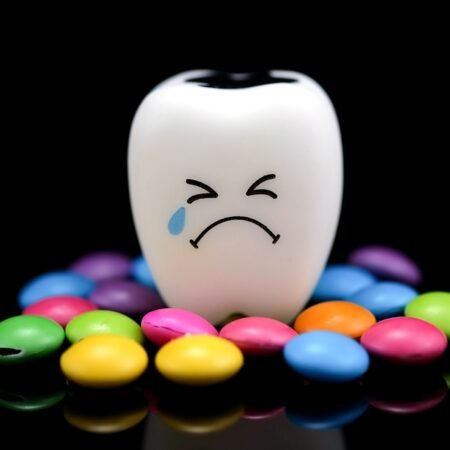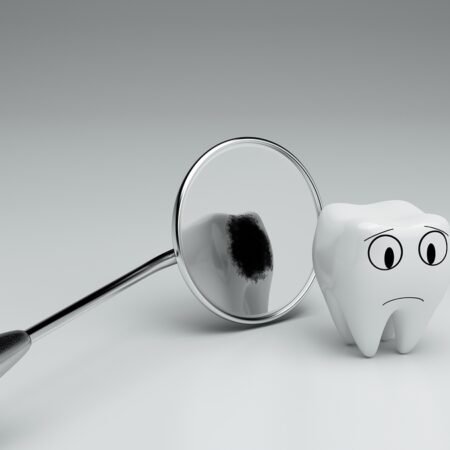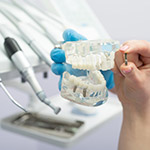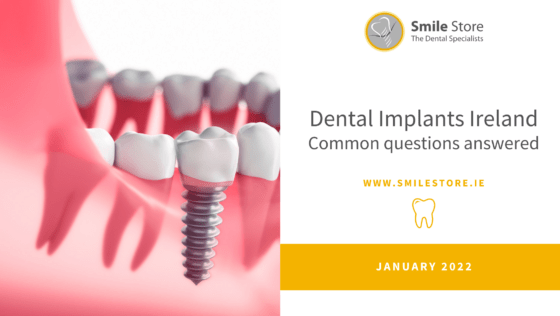The nation is abuzz since the airing of the RTÉ documentary, ‘The Sugar Crash’. We have known for some time that sugar was bad for us, but did we ever know exactly how bad it is; what it does to our health and how many hidden sources of sugar we consume on a daily basis?
What Is A ‘Sugar Crash’?
We are hard-wired to crave sugar. Our brains respond whenever we eat it, as all of our reward systems ignite the minute sweet stuff enters our body. Dopamine is unleashed, and once the sugar hits your stomach it gets diluted by digestive enzymes and goes into the small intestine.
Enzymes break it down into two types of molecules; glucose and fructose. Most sugar that is added to our foods comes from cane or beets, although there is a lot of lab synthesized high-fructose corn syrup in an increasing amount of foods and drinks.
How Much Glucose Is Too much?
You need glucose for energy, as it seeps through the wall of the small intestine and triggers your pancreas to secrete insulin. Insulin is the hormone that takes the glucose from your blood and delivers it to the cells to be used as energy. However, too much sugar intake, and your body gets flooded with glucose, leading to the ‘sugar high’.
Your brain responds by sending out serotonin, a sleep-regulating hormone, and voila – you get the famed ‘sugar crash’. This was the hot topic addressed in RTE’s ‘The Sugar Crash’, as Dr. Eva Ormond explored the latest research on the ever-growing list of health problems and chronic illnesses associated with our nation’s increasing consumption of sugar, charting the progress of several people who were stunned to find out how much ‘hidden’ sugar was lurking in what they thought was a ‘normal’ diet.
Irish People Love Sweet Treats
Ireland is the fourth highest consumer of sugar in the world, and we are eating an average of 24 teaspoons a day of the dangerous molecule. A variety of health difficulties are manifesting in the whole population as a result, particularly in the form of childhood obesity; type II diabetes, shortened life expectancy and a whole slew of behavioural and concentration issues. Leading experts on the topic included Professor Donal O’Shea, Dr. Robert Lustig, Dr. Aseem Malhotra and Damon Gameau, as the different and sometimes hidden forms of sugar were revealed in people’s’ diets.
The world Health Organisation recommends that for optimal health, we should limit our intake of free sugars to no more than 6 teaspoons per day. Measure this against our current average of 24 teaspoons, and it’s easy to see why we suffer from increasing health trouble as a result.
So Why Does Increased Sugar Intake Lead To Obesity?
Insulin blocks production of leptin, the “hunger hormone” that would normally signal your brain that you are full. This means that the higher your insulin level is, perversely, the hungrier you feel, even if you’ve eaten a large amount of food.
Your brain thinks you’re still hungry, and goes into a false ‘starvation’ mode, directing your body to store the glucose as belly fat rather than using it to burn for energy. Now your brain chemistry is awry, as insulin surges around and less dopamine is produced, leading to cravings for more sugar and a neurological chain reaction that is similar to that of
addiction. So much insulin has been pumped out by your pancreas that your cells start to become resistant to it, and all the glucose is left to float around in your bloodstream. This insulin resistance will lead to Type II diabetes.
Your Liver Is Also At Risk
Fructose follows the same path as glucose, through the small intestine into the bloodstream, but then it is sent straight to the liver. Your liver tries to metabolise it – to turn it into something useful that your body can use – but the delicate liver is easily overwhelmed and too much fructose over time prompts globules of fat to grow throughout the liver (‘lipogenesis’), which is the precursor to another increasing common health issue; non-alcoholic fatty liver disease.
Excess fructose has the nasty effect of lowering HDL, or “good” cholesterol, and encourages the production of triglycerides, a type of fat that can migrate from the liver to the arteries. This puts you at greatly increased risk for heart attack or a stroke. To add to your troubles, the liver sends an S.O.S. for extra insulin to deal with the fructose, sending the pancreas into overdrive, resulting in a total-body inflammatory state.
How Does Sugar Affect Your Teeth?
The effect on our overall health is becoming clear, and we shouldn’t forget about the effect on our teeth – Ireland has a major problem with tooth decay in young people, and it’s no wonder when you consider the gallons of sugary sodas and sugar-laden refined white foods they are eating on a daily basis. Add to this a nationally lax approach to dental hygiene, and general lack of understanding on how best to look after our teeth – it’s no surprise that too many of us end up embarrassed by our smile.
It’s not the sugar itself that actually damages teeth; it’s the chain reaction that takes place after you eat it. Our mouths are full of hundreds of bacteria, most of which are beneficial to the carefully balanced oral ‘ecosystem’.
How Do Cavities Develop?
Certain harmful bacteria love nothing more than to feed on the sugar you just ate, creating acids which destroy the enamel on your teeth. You need your enamel, as the hard, shiny coating protects your teeth. However, once the acids start to eat away at it you will begin to get cavities in your teeth. If left untreated, the cavities will progress through the enamel and into the sensitive deeper layers of the teeth, causing pain and ultimately even tooth loss.
Acids will leach minerals from your enamel, but the good news is that your saliva contains minerals like calcium and phosphates to help both wash away the acids, and to remineralise the teeth. However, if you constantly eat sweet foods, your body can’t keep up with the rate of demineralisation and doesn’t have a chance to fix the damage. The only way to help remineralise your teeth is to limit your sugar intake, use a fluoride toothpaste, floss your teeth and brush at least twice a day.
Children should be encouraged to brush away plaque (the sticky coating that contains bacteria which builds up on the tooth surface) and have an awareness of why sugar is bad for their teeth. You can avoid expensive and complex dental work in later life by ingraining the right habits early on, teaching children to brush their teeth properly and lower their sugar consumption.
If you have cavities or would like to have your child examined by on of our general dentists, don’t hesitate to contact us today.
Latest posts
Tax Relief
Tax relief is available on many different dental procedures available at Smile Store – The Dental Specialists.
Call backContact us
Request a call back to met one of our friendly staff!

 Home
Home About Us
About Us Appointments
Appointments Treatments
Treatments Fees
Fees Reviews
Reviews Blog
Blog Referral
Referral FAQ
FAQ Contact Us
Contact Us

















